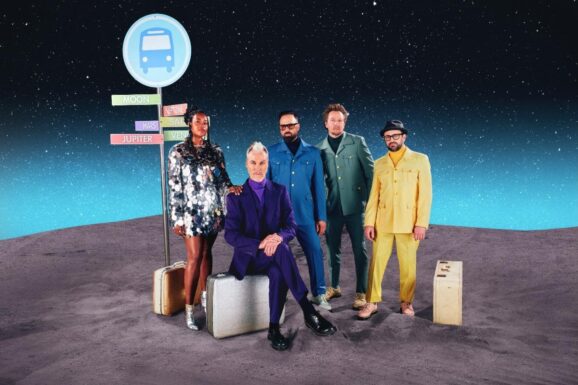Online gaming began as a niche hobby among early personal computer users but has since grown into a worldwide phenomenon fueled by broadband access, mobile devices, and cloud technology. It now includes everything from massive multiplayer online role-playing games (MMORPGs) and casual mobile puzzles to competitive esports. More than just entertainment, gaming platforms have become venues for live events, cultural exchange, and commerce.
A significant factor in this growth is the integration of gambling elements within digital games. Many platforms combine traditional gameplay with betting mechanics, creating hybrid formats like casino-style mobile games. For players seeking trustworthy options, detailed evaluations such as the Mammona Casino review provide valuable insights into platform reliability, bonus offers, and withdrawal speed, helping gamers navigate the crowded online gaming market.
Impact on Traditional Entertainment Sectors
The rise of online gaming has caused noticeable shifts in traditional entertainment like television, cinema, and music. As users invest more time and money into interactive experiences, passive consumption of movies and TV shows has declined, especially among younger audiences. This shift is clear in streaming data and advertising trends, with gaming platforms capturing a larger share of the entertainment market.
Unlike watching a film, gaming often involves hours of active engagement, fostering deeper user retention and creating opportunities for monetization through microtransactions and sponsored content. The music industry also taps into gaming’s immersive potential, with artists launching songs, virtual concerts, and licensed soundtracks within games, blending activity with interactivity.
Cultural and Social Dynamics of the Gaming Community
Online gaming platforms serve as social networks with tools for voice and text communication, matchmaking, and digital hangouts. These features build global gaming communities around shared in-game goals and fandoms. Live streaming further blurs the lines between consumers and creators, with influencers and commentators drawing large audiences rivaling traditional broadcast media. Developer and marketer strategies increasingly rely on these community connections.
The artistic side of gaming is gaining recognition, with greater emphasis on visual storytelling and sound design. This evolution has elevated gaming to be considered alongside traditional entertainment arts, highlighting its narrative and aesthetic sophistication.
Monetization Models and Emerging Revenue Streams
Monetization in online gaming has evolved beyond one-time purchases, with developers using seasonal passes, downloadable content, and cosmetic customization to encourage ongoing spending. Gambling-inspired features such as loot boxes and instant-win games blend chance with gameplay, appealing to users’ appetite for excitement.
Traditional casino brands are adapting to this shift by incorporating gamified betting mechanics aimed at digital-native audiences. These trends highlight the growing importance of engagement and personalization in entertainment.
Influence on Cross-Sector Technology Innovation
Gaming has driven advances in streaming, graphics, and cloud gaming infrastructure, setting new industry standards. Virtual and augmented reality technologies have found early adoption in gaming, demonstrating potential for broader entertainment applications.
Additionally, blockchain and cryptocurrency technologies are being explored for secure transactions and digital ownership within gaming, reshaping digital property concepts and influencing other creative industries.
Final Thoughts
The transformation of the entertainment industry through online gaming is profound and ongoing. By blending interactive gameplay with social connectivity, innovative monetization, and emerging technologies, online gaming has reshaped how audiences engage with digital content. Platforms that combine trust, security, and immersive experiences are setting new standards in this dynamic landscape. As gaming continues to evolve, it will remain a central force driving innovation and redefining entertainment in the digital age.









